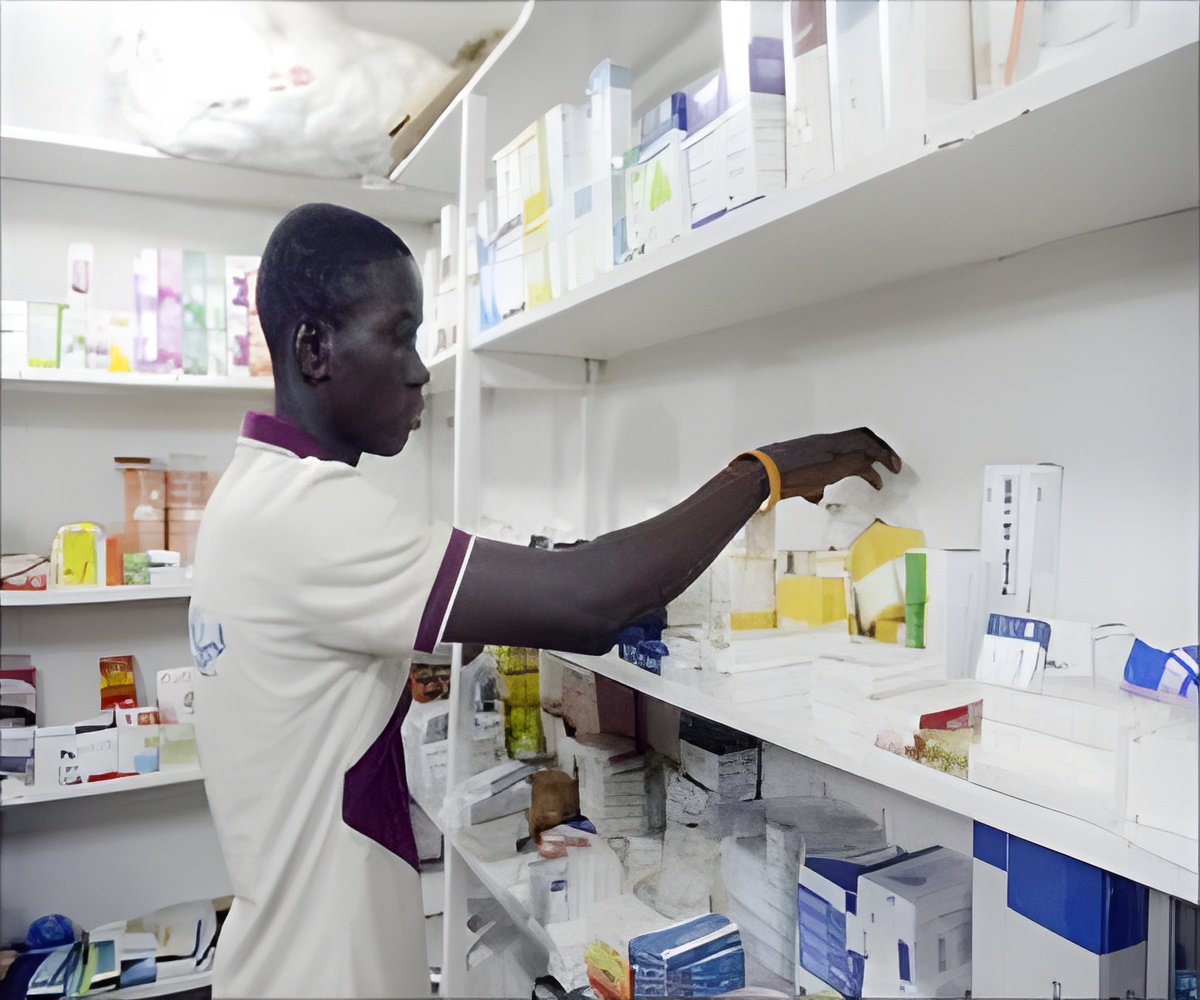Ebola patients given an anti-malarial drug called artesunate-amodiaquine (ASAQ) had a 31 percent lower risk of dying than those given the standard treatment.

‘Anti-malaria drugs called artesunate-amodiaquine (ASAQ) and artemether-lumefantrine (AL) are given to suspected Ebola patients because the symptoms of the two illnesses often overlap’





The results point to a potentially promising treatment for a disease that has no market-approved treatments or cures, as researchers scramble to come up with a vaccine before the next outbreak strikes. The study came about when a treatment center run by Doctors Without Borders in Foya, Liberia, "ran out of its supply of artemether-lumefantrine (AL) after a sudden spike in admissions to the center" in August 2014, said the report.
Suddenly, 100 cases of confirmed Ebola virus were being admitted each week to what had started as a 10-bed isolation unit in a former refugee transit center.
The substitute drug, artesunate-amodiaquine, was prescribed for all patients with suspected Ebola virus disease who were admitted to the treatment center for a period of 12 days, "with no other known systematic changes in care," said the report.
Anti-malaria medicines are routinely given to suspected Ebola patients because the symptoms of the two illnesses -- including fever, headaches and joint pain -- often overlap.
Advertisement
They found that 64.4 percent of the patients in the artemether-lumefantrine group died, compared to 50.7 percent of the patients in the artesunate-amodiaquine group.
Advertisement
Also, since the pills are taken orally, some severely ill patients may not have been able to ingest them due to vomiting.
Researchers still do not understand what may make ASAQ more effective at saving lives, or if perhaps the standard drug AL is simply more risky, or more prone to causing death.
"Given the particular context of this study, we must remain cautious about drawing broad conclusions," said co-author Iza Ciglenecki.
"To date, however, ASAQ appears to be a promising path towards an effective treatment. Further preclinical and clinical studies to confirm the effect of ASAQ in reducing the Ebola mortality are urgently needed."
More than 11,000 people died during the West African Ebola epidemic, which lasted almost two years.
Source-AFP












